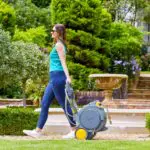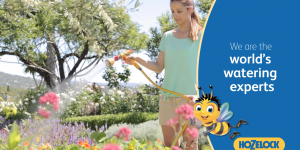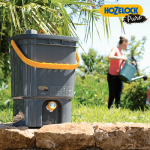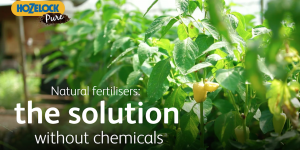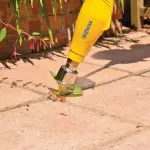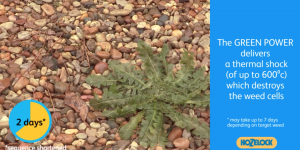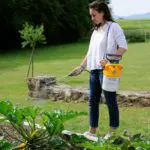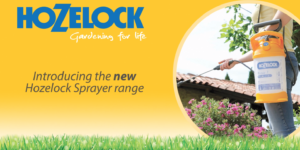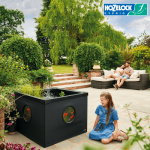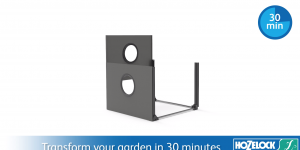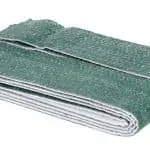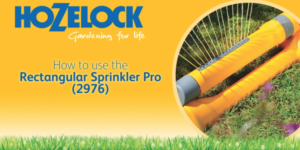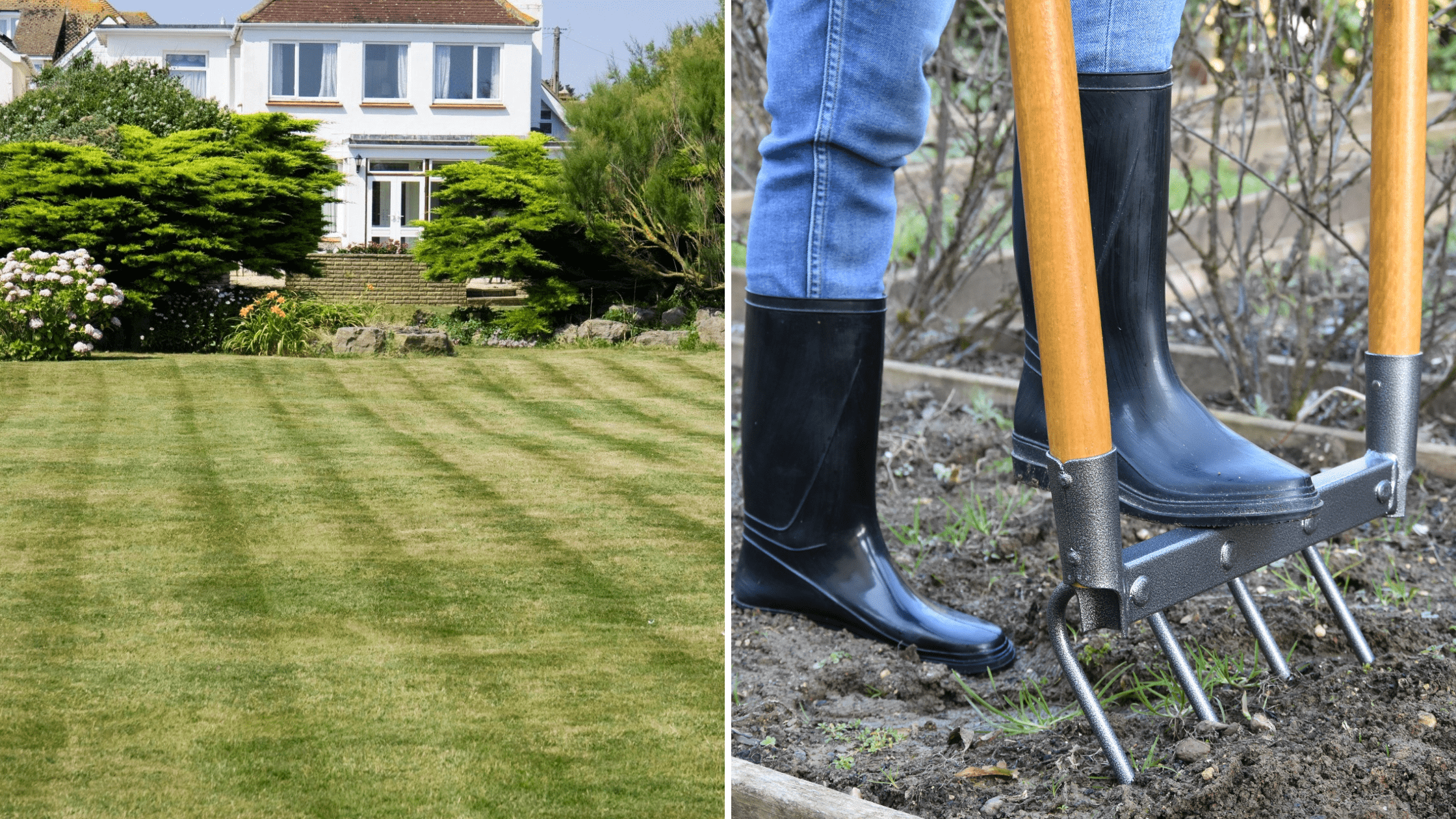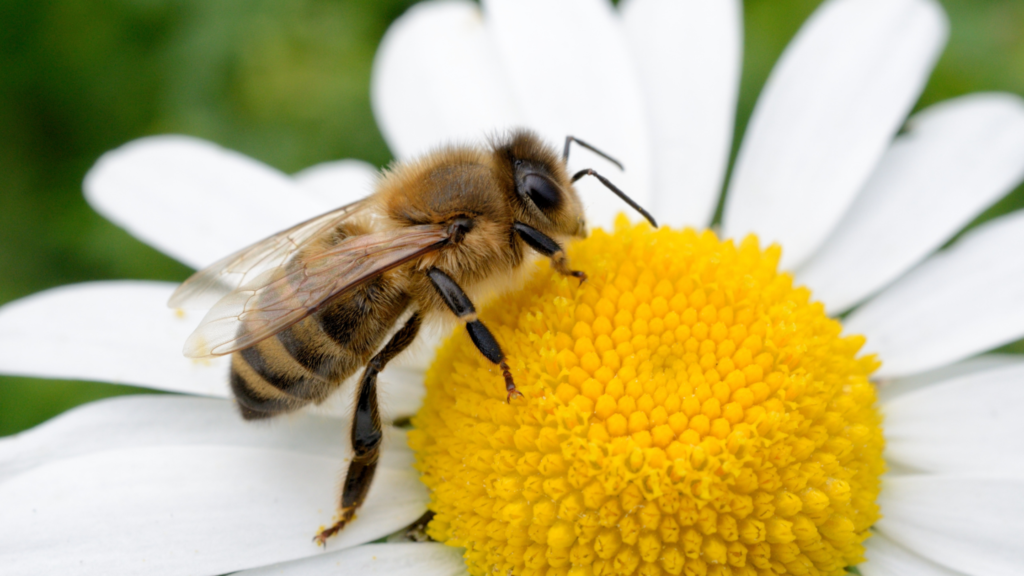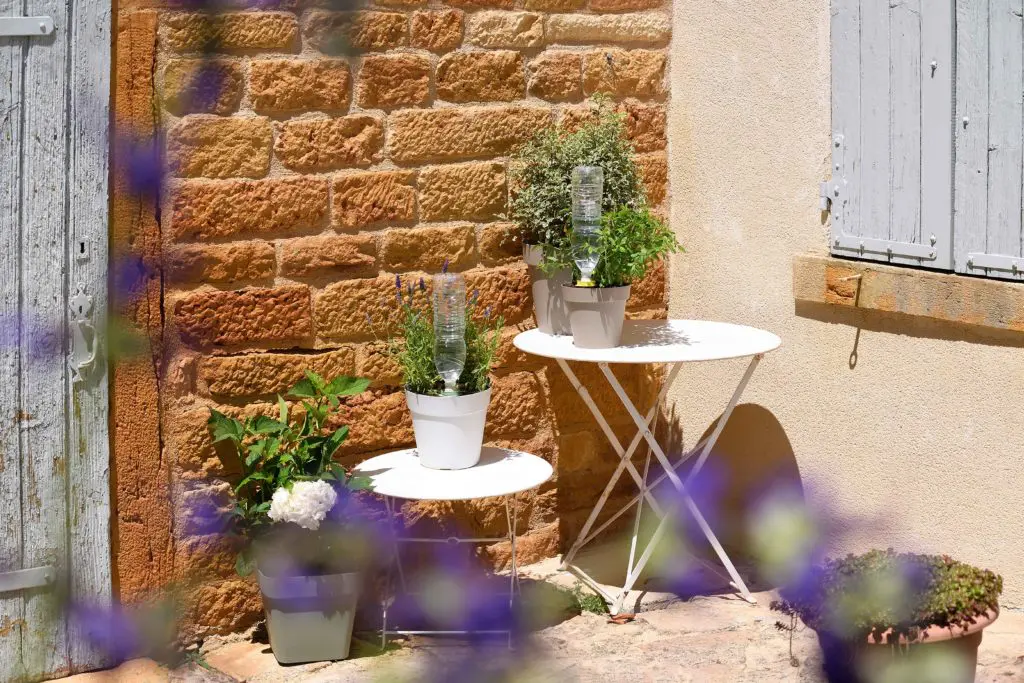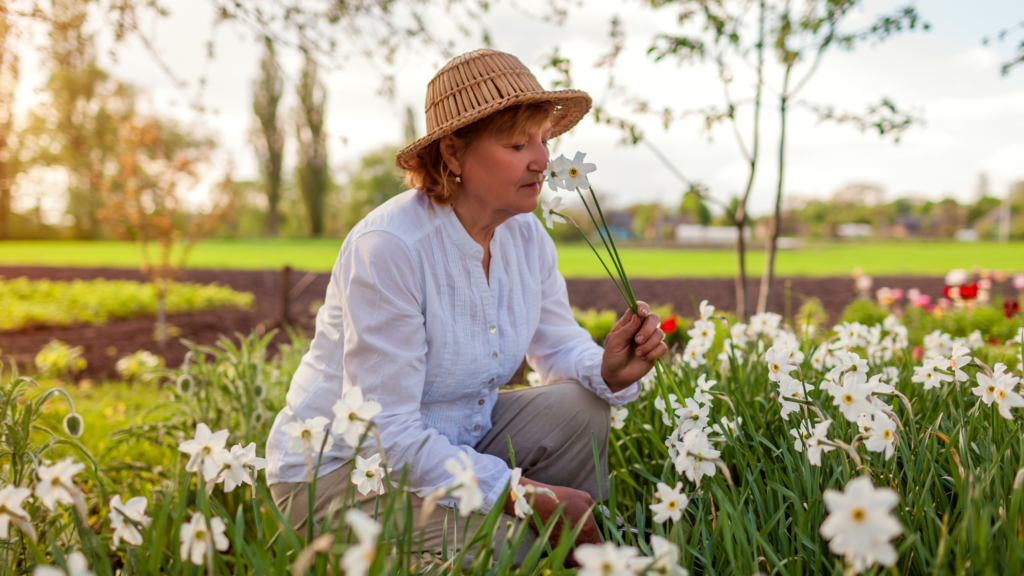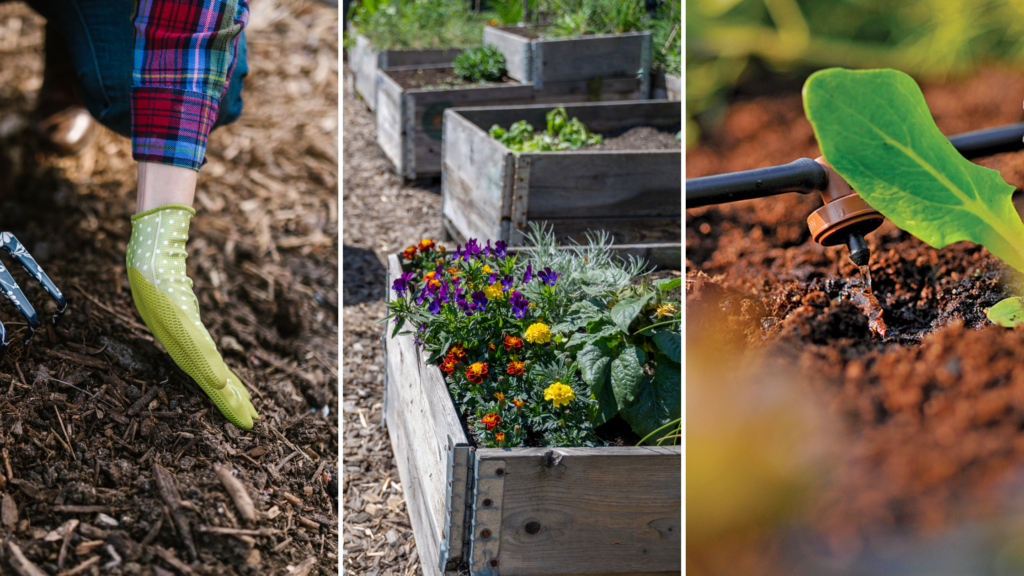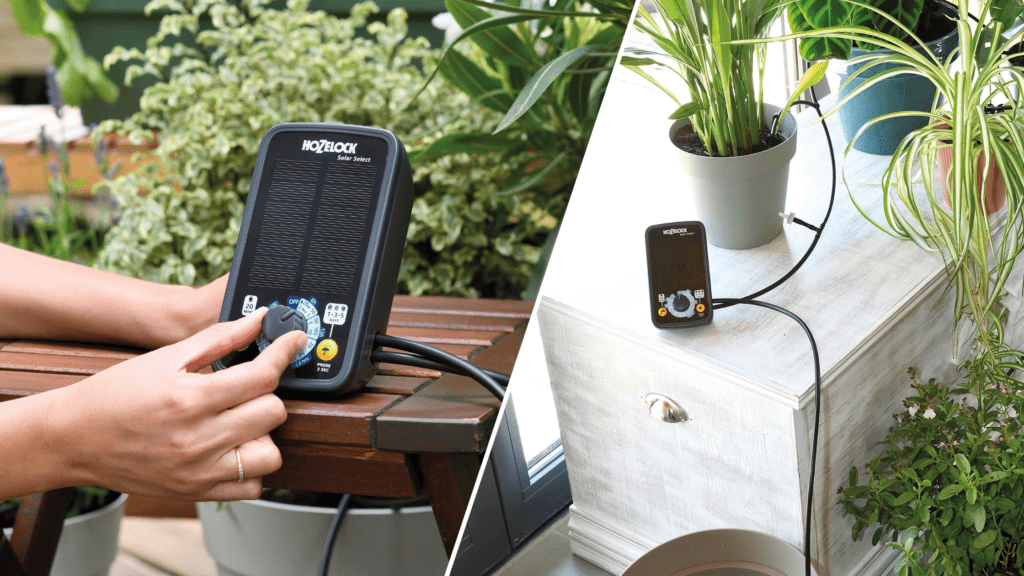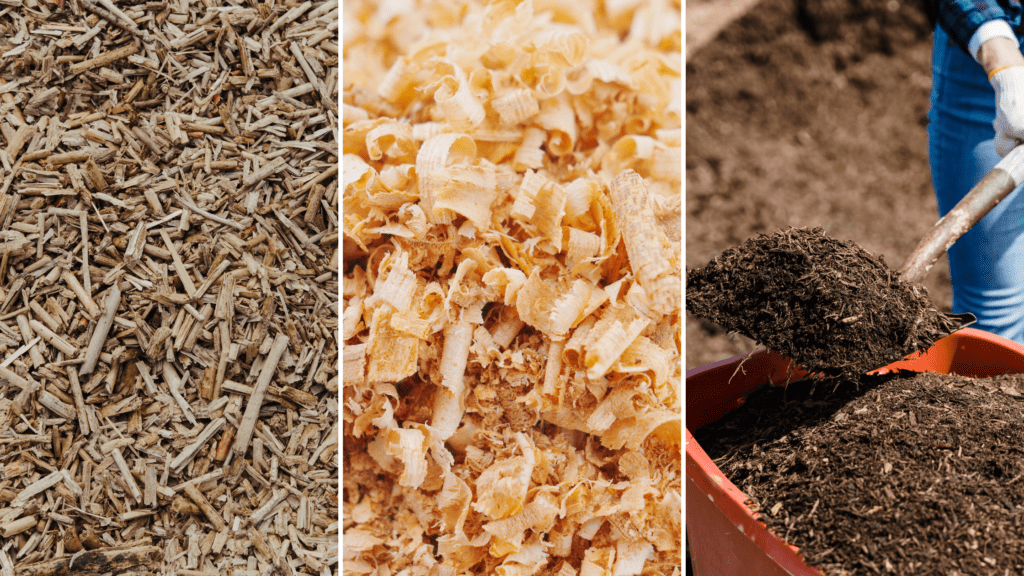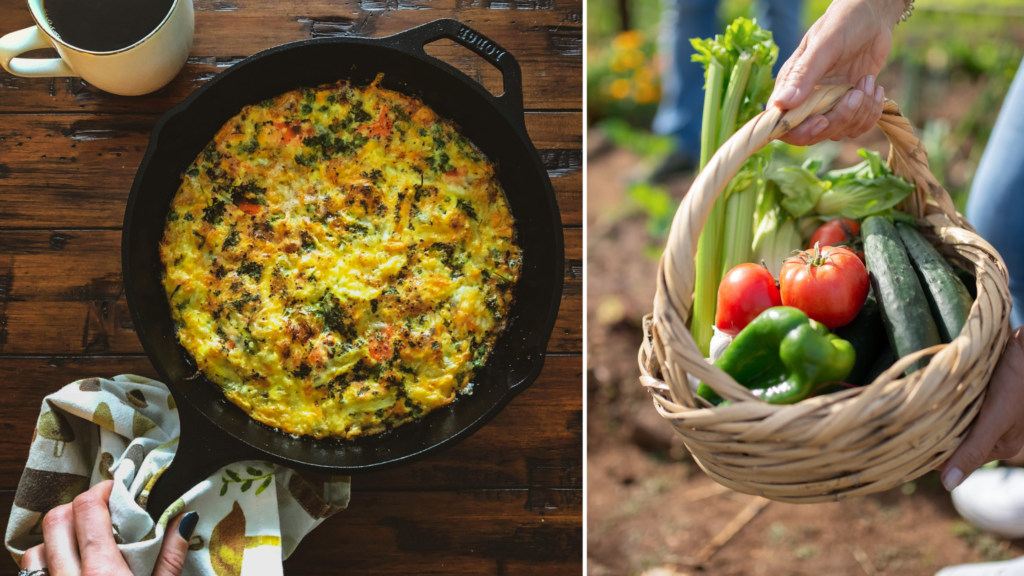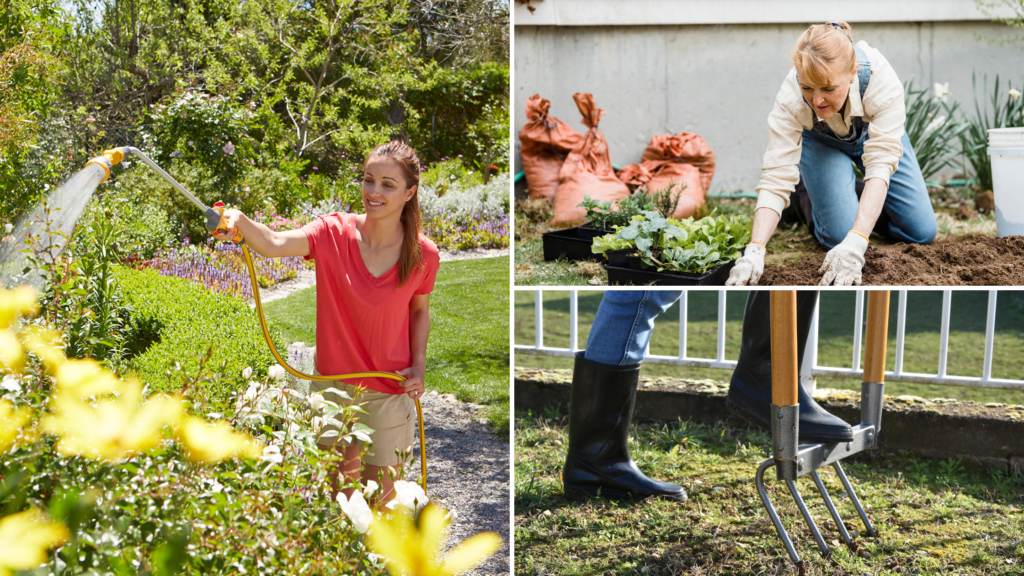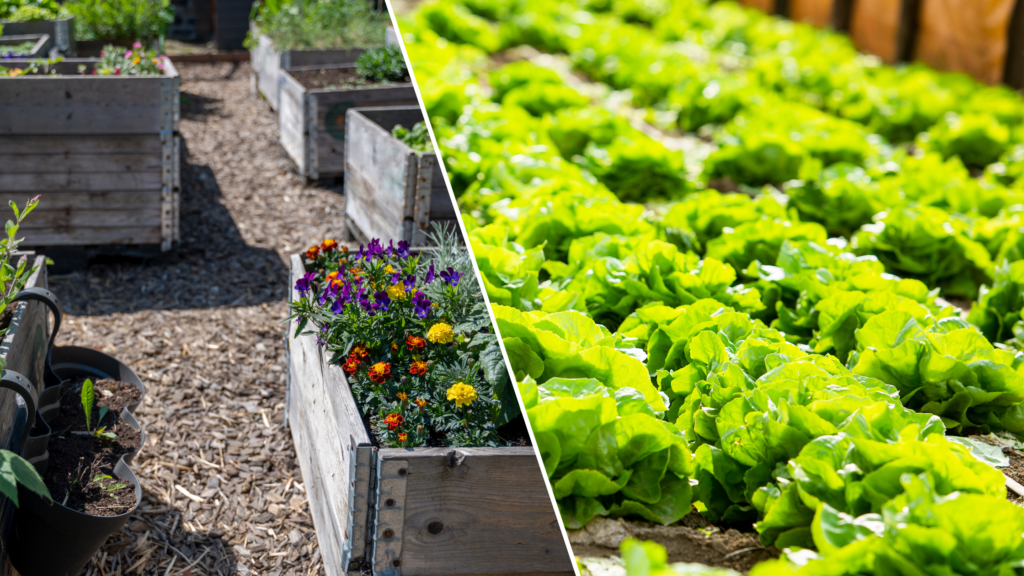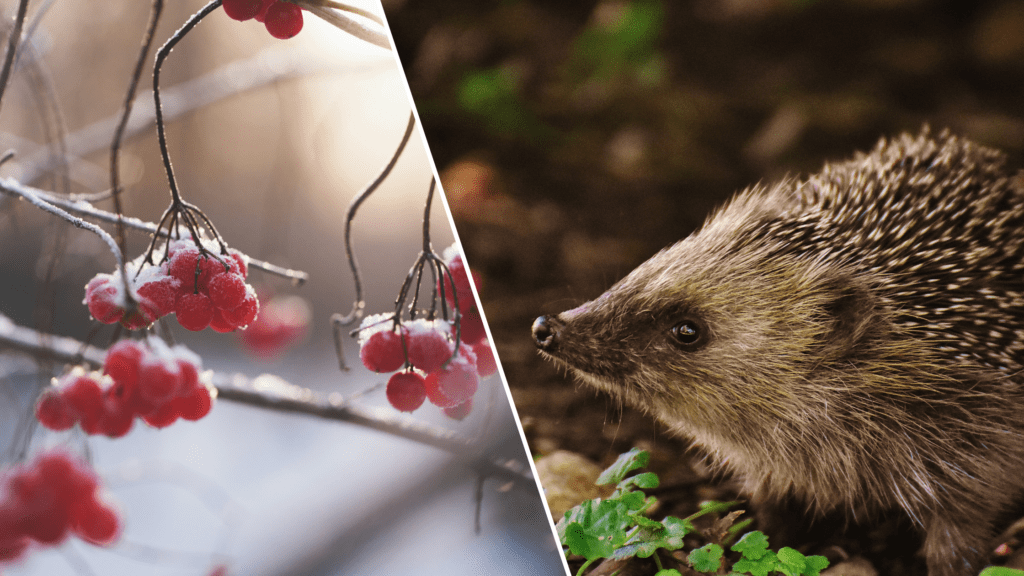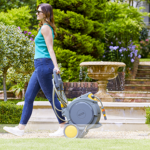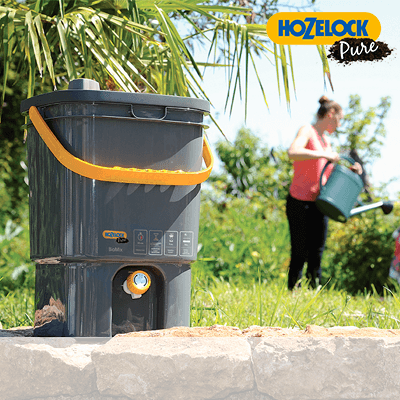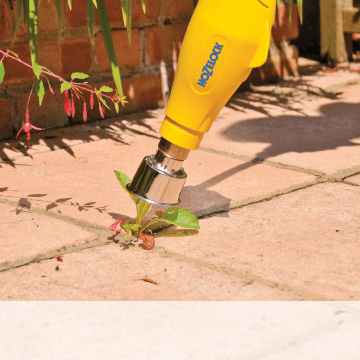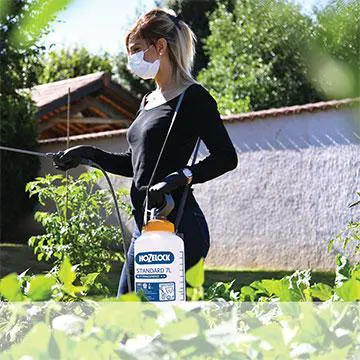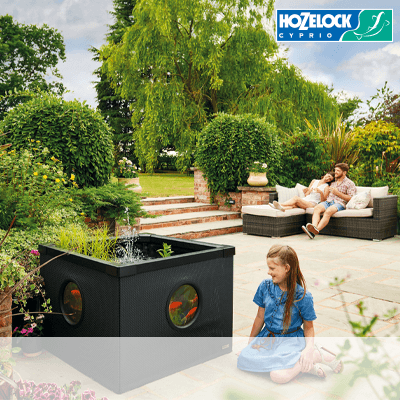To turn or not to turn.
In the world of gardening, few questions ignite as much spirited discussion as this: should you turn your soil? What may seem a straightforward decision has divided gardeners for generations.
So, let’s dig deeper into the issue and examine the pros and cons of turning soil, offering insights for gardening enthusiasts who cherish their outdoor havens.
To Turn
Turning the soil has long been a traditional practice for many gardeners, and it offers several potential benefits:
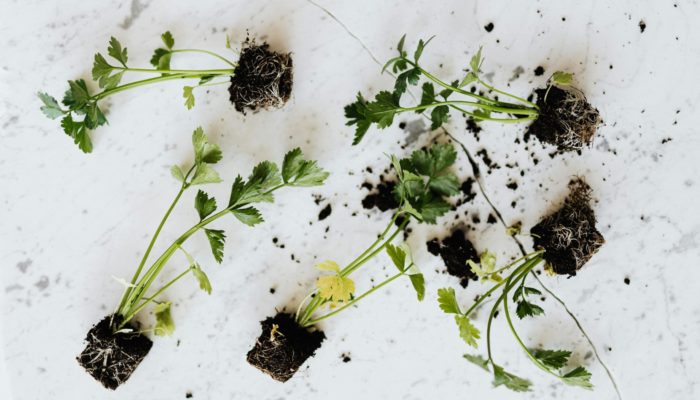
Improved Aeration
By loosening compacted soil, turning allows air, water, and nutrients to penetrate more effectively. This aeration fosters an environment where plant roots can expand and thrive, promoting vigorous growth.
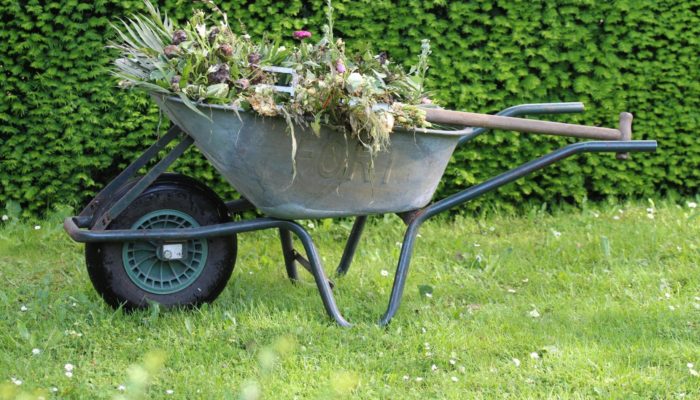
Weed Control
Turning soil can disrupt weed growth by exposing weed roots to the surface, where they can dry out and perish. This method also buries new weed seeds, giving your plants a better chance to establish themselves.
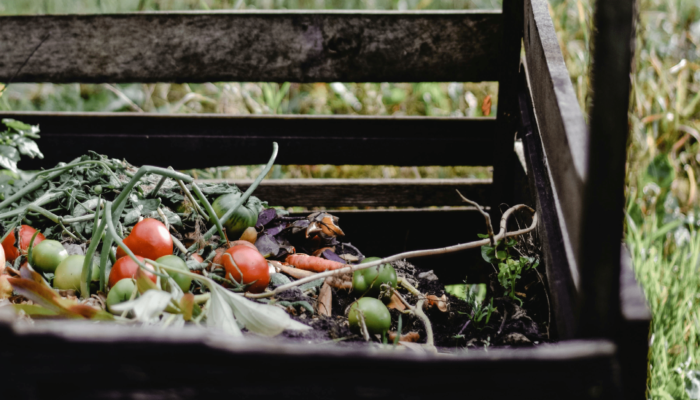
Incorporation of Soil Amendments
Turning offers an excellent opportunity to mix in compost, manure, or other organic materials, enriching the soil with nutrients and improving its texture.

Pest Control
By disturbing the habitat of pests such as grubs and larvae, turning soil can reduce their populations and limit potential damage to your plants.
Not To Turn
Despite its benefits, turning soil is not without its drawbacks. Here are some reasons why many gardeners opt for a no-till approach:
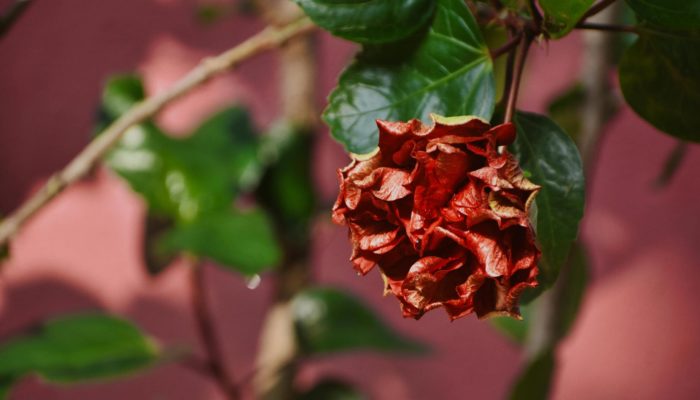
Disruption of Soil Structure
Turning soil can disturb the natural structure of soil particles, leading to compaction over time. This can hinder drainage, reduce water retention, and ultimately impair plant health.
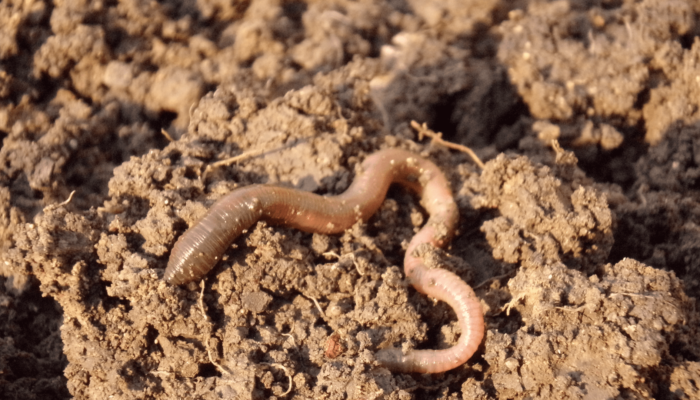
Loss of Beneficial Microorganisms
Healthy soil is filled with microorganisms that contribute to nutrient cycling and plant health. Turning soil can disrupt these microscopic ecosystems, potentially reducing soil fertility.
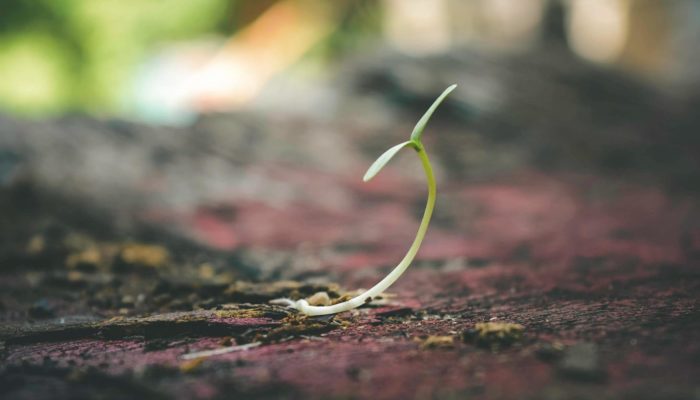
Weed Redistribution
While turning soil may initially suppress weeds, it can inadvertently bring dormant weed seeds to the surface, where they are more likely to germinate.
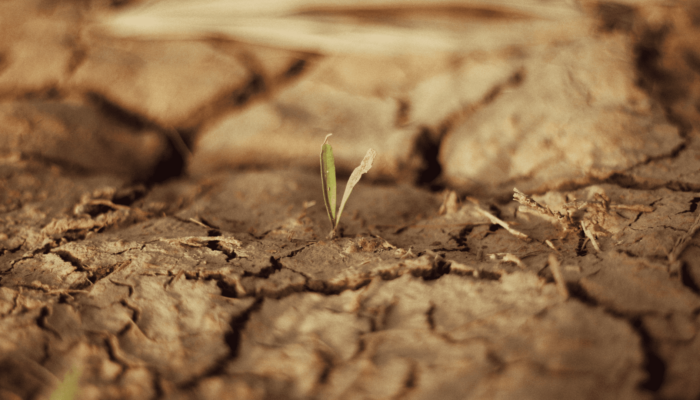
Soil Erosion
On sloped or exposed areas, excessive tilling can accelerate soil erosion, causing valuable topsoil and nutrients to wash away. This not only impacts your garden but can also contribute to water pollution.
So, Should You Turn Your Soil?
The answer depends on several factors, including your soil type, gardening objectives, and personal preferences.
For some gardeners, turning soil is a vital part of preparing the ground, improving its structure, and managing weeds. For others, a no-till approach may be better suited to their goals of preserving soil health, encouraging biodiversity, and minimising disruption.
Alternatives
Soil can still be aerated without turning it over and disrupting the biodiversity and health of the soil.
The Eco Fork is a great alternative as it prepares the soil by de-compacting it without turning it over. This tool is eco-friendly for gardening as it encourages a fertile garden naturally and reinforces the soil biodiversity. It doesn’t disturb the soil’s ecosystem and facilitates the development of microorganisms by introducing oxygen deep into the soil.
The debate over whether to turn soil in your garden is a nuanced one, with compelling arguments on both sides.
Whether you choose to turn your soil or embrace a no-till philosophy, the key is to prioritise soil health, sustainability, and biodiversity.
Consider the unique needs of your garden and adapt your approach accordingly. Remember, what works wonders in one garden may not suit another—the joy of gardening lies in discovering what helps your plants flourish.
By understanding the pros and cons of turning soil, you can make informed decisions that align with your gardening goals.


